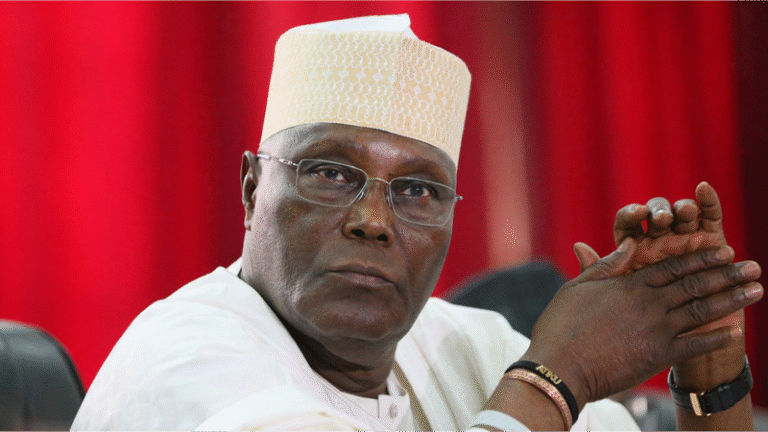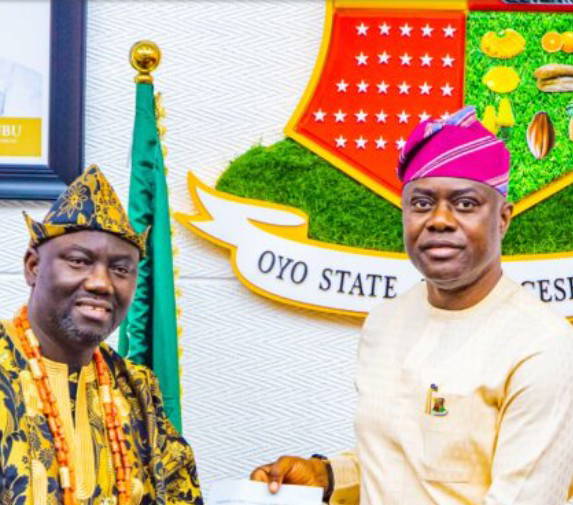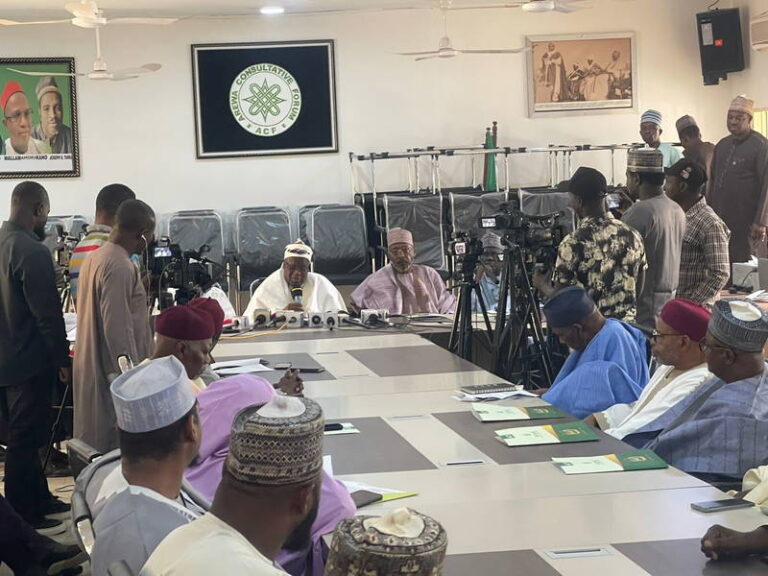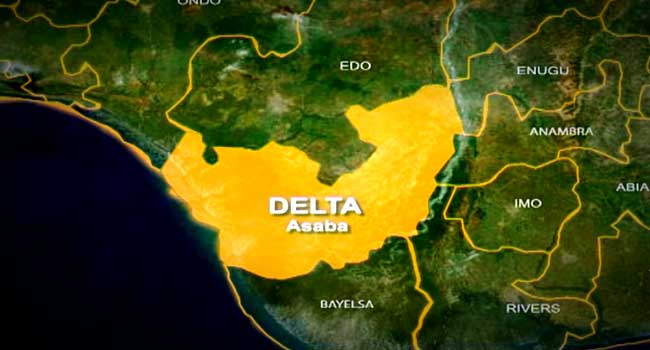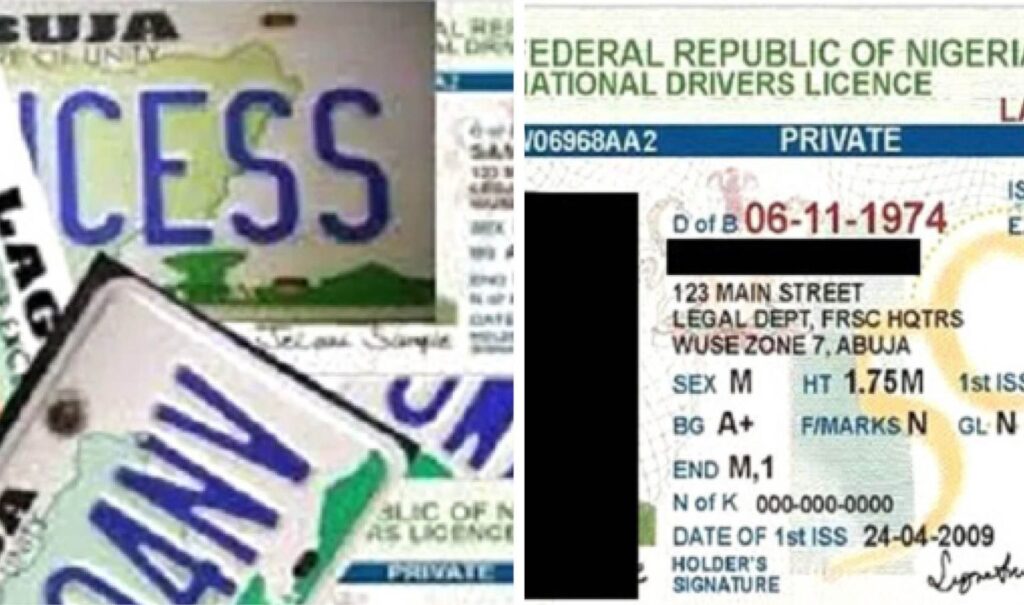
Nigerians have continued to express frustration over the rising cost of living since President Bola Ahmed Tinubu assumed office.
Many lament that the prices of basic commodities and essential services have doubled—or in some cases, tripled—without any sign of relief in sight.
In the last one year, different federal agencies have increased the costs of obtaining essential government-issued documents, including international passports, driver’s licences, vehicle number plates and corrections to National Identification Number (NIN) data.
In an official statement, the Immigration Service said the adjustment was necessary to maintain the quality and integrity of the Nigerian passport.
This means that Nigerians have witnessed increases in the cost of essential services and commodities, with petrol prices soaring by 488%, electricity tariffs up by 240%, telecom charges rising by 50%, vehicle number plate fees climbing as high as 200%, NIN modification costs increasing by up to 75%, and international passport fees jumping by over 42%, a wave of hikes that has deepened the financial strain on ordinary citizens nationwide.
These developments, many say, are placing an unbearable burden on the average citizen, already struggling with stagnant incomes, unemployment, and inflation.
Despite the increased fees, applicants also face long wait times and bureaucracy, deepening frustration among citizens who rely on these documents for travel, banking, and access to digital services.
Obtaining essential documents such as international passports and driver’s licences has become notoriously difficult, with processing times often stretching into weeks or even months despite full payment.
Many Nigerians, who lamented the high cost in obtaining these documents, alleged that some officials exploit the delays to run rackets, prioritising issuance for the highest bidders.
One of the most pressing concerns is the skyrocketing price of petrol. In May 2023, the price of petrol stood at N195 per litre.
By October 2024, it had surged to N1,030, marking an increase of about 488 per cent.
Although the price currently hovers around N910 to N930 at NNPC retail outlets, depending on the location, the spike has had a cascading effect on transportation, food prices, and other essential goods and services across the country.
Equally alarming is the hike in electricity tariffs. In April 2024, the Nigerian Electricity Regulatory Commission (NERC) approved a 240 per cent increase for Band A customers.
Articulated vehicle plates have increased from N30,000 to N90,000, while motorcycle plates rose from N5,000 to N12,000.
The cost of obtaining a standard three-year driver’s license now stands at N15,000, up from N10,000, while the five-year option increased from N15,000 to N21,000.
Similarly, obtaining or modifying a National Identity Number (NIN) has become more expensive. The National Identity Management Commission (NIMC) increased the fee for correcting date of birth information on its database from N16,340 to N28,574, a 75 per cent rise.
This saw electricity rates shoot up from N68 per kilowatt-hour to N225 per kilowatt-hour. The government argues that the increment is necessary to ensure improved service delivery and sustainability in the power sector.
Similarly, the telecommunications services have also become more expensive.
The Nigerian Communications Commission (NCC) approved a 50 per cent increase in tariffs following requests from telecom operators who cited rising operational costs.
The average cost of calls rose from N11 to N16.5 per minute, while the price of 1GB of data jumped from N287.50 to N431.25. SMS charges were also increased from N4 to N6.
Presently, the minimum cost for a monthly data subscription across major network providers such as MTN, Airtel, Glo, and 9mobile is N1,000, a development that has hit students, small business owners, and digital entrepreneurs particularly hard.
In the transport sector, the Federal Road Safety Corps (FRSC), in collaboration with the Joint Tax Board, recently announced a revised fee structure for driver’s licenses and vehicle number plates, effective from June 8, 2025.
The standard private and commercial vehicle number plates now cost N30,000, up from the previous N18,750. Fancy number plates now cost N400,000, double the old price of N200,000.
Articulated vehicle plates have increased from N30,000 to N90,000, while motorcycle plates rose from N5,000 to N12,000.
The cost of obtaining a standard three-year driver’s license now stands at N15,000, up from N10,000, while the five-year option increased from N15,000 to N21,000.
Similarly, obtaining or modifying a National Identity Number (NIN) has become more expensive. The National Identity Management Commission (NIMC) increased the fee for correcting date of birth information on its database from N16,340 to N28,574, a 75 per cent rise.
Other forms of data modification, such as changes to names or addresses, now attract a fee of N2,000 per transaction, up from N1,522. Reissuance of the NIN slip now costs N600, up from N500.
NIMC says the price review, coming after over a decade, is meant to align with current operational costs and industry standards.
The Nigerian Immigration Service also reviewed the cost of international passports upward. The 32-page booklet with a five-year validity now costs N50,000, up from N35,000, while the 64-page booklet with a ten-year validity rose from N70,000 to N100,000.
In an official statement, the Immigration Service said the adjustment was necessary to maintain the quality and integrity of the Nigerian passport.
This means that Nigerians have witnessed increases in the cost of essential services and commodities, with petrol prices soaring by 488%, electricity tariffs up by 240%, telecom charges rising by 50%, vehicle number plate fees climbing as high as 200%, NIN modification costs increasing by up to 75%, and international passport fees jumping by over 42%, a wave of hikes that has deepened the financial strain on ordinary citizens nationwide.
The government insists that these changes are part of broader economic reforms aimed at reducing subsidies and enhancing service efficiency.
But citizens said the rising costs of essential services are coming at a time when many Nigerian workers are still struggling to earn a living wage.
DAILY TRUST.

